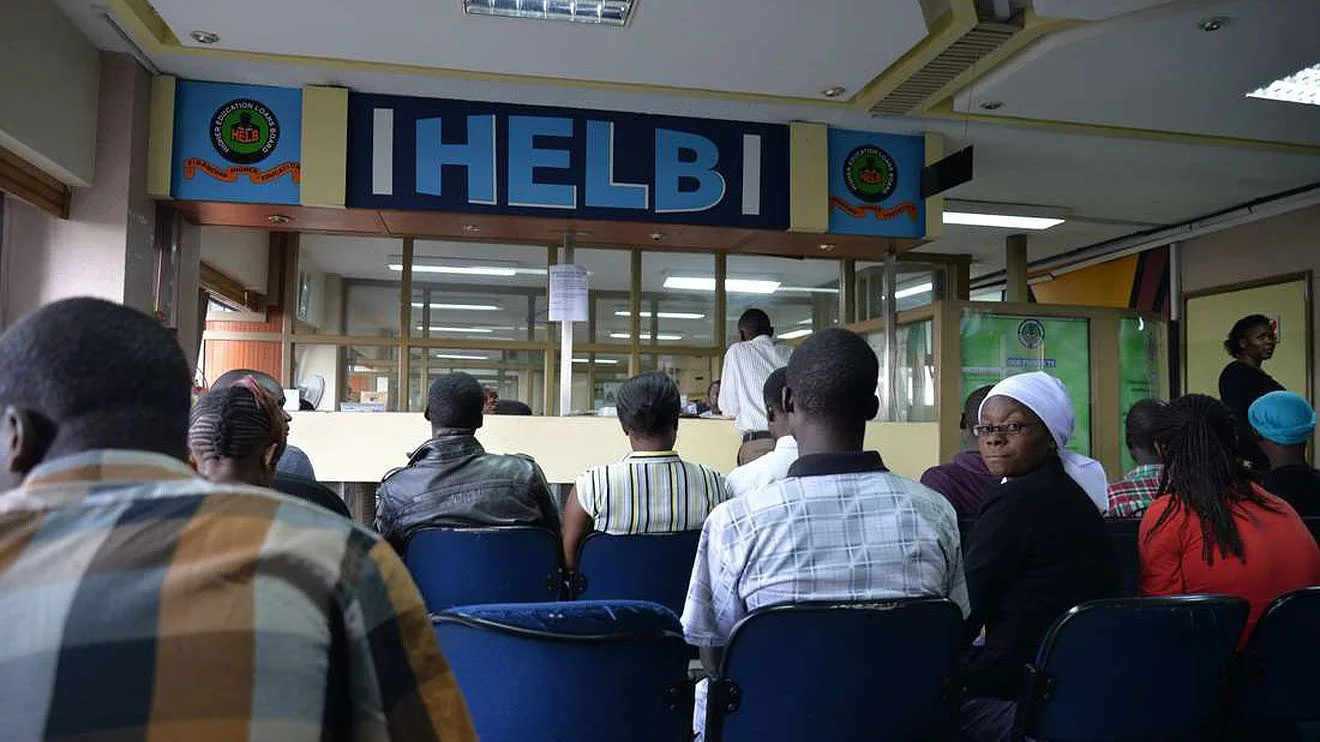Sh37bn Budget Cut in HELB and Scholarships to Affect Over 300,000 Varsity Students.
A severe funding shortfall of Sh37.09 billion now jeopardizes the education of over 368,000 university students, as the government has allocated only about half of the required funds for the 2025-2026 financial year.
While universities require Sh77.58 billion for scholarships and grants, only Sh40.49 billion has been set aside, resulting in a substantial financial gap.
This deficit affects students under both the old Differentiated Unit Cost (DUC) model and the newly introduced funding system, which the High Court ruled illegal last year.
These details emerged when Principal Secretary for Higher Education and Research, Beatrice Inyangala, addressed a parliamentary committee.
Inyangala warned lawmakers that unless the funding issue is addressed, thousands of students risk discontinuing their studies, which could have significant long-term consequences for both individuals and universities.
She also noted that families, especially those from middle- and low-income backgrounds, would be forced to shoulder a heavier financial burden.
“Without intervention, these students are at risk of discontinuing their studies, which could have long-term implications for both students and universities,” Inyangala told lawmakers.
She further cautioned that students would face increased out-of-pocket expenses, which could result in higher dropout rates, ultimately undermining efforts to enhance access to education.
HELB Faces Major Funding Gap
Similarly, the Higher Education Loans Board (HELB), responsible for student loans, faces a major deficit. Despite requiring Sh81 billion to support students, it has only been allocated Sh46.9 billion.
The shortfall will impact 474,814 students eligible for financial aid in universities and technical and vocational education and training (TVET) institutions.
In response to this growing financial strain, Inyangala disclosed that HELB is transitioning from sole reliance on government funding to a social bond financing model.
She revealed that the National Treasury is currently working with HELB to design the social bond, which will involve investor participation.
These funding challenges have sparked concerns about the future of higher education in the country. Stakeholders have called on the government to increase financial allocations to prevent a crisis that could affect thousands of students and institutions.
Read Also: KMTC Dispatches 14,338 Admission Letters for March 2025 Intake
The funding shortfall coincides with delays in opening the Kenya Universities and Colleges Central Placement Service (KUCCPS) portal for university course applications. KUCCPS CEO Agnes Wahome linked the delay to a court ruling that declared the University Funding Model unconstitutional.
Wahome explained that the judgment by Justice Chacha Mwita lacked clarity on handling students already placed under the existing framework or guiding future placements. She pointed out that KUCCPS is acting cautiously to avoid disruptions in higher education institutions.
Sh37bn Budget Cut in HELB and Scholarships to Affect Over 300,000 Varsity Students
Follow Teachers Updates on Facebook, LinkedIn, X (Twitter), WhatsApp, Telegram, and Instagram. Get in touch with our editors at [email protected].



Discussion about this post